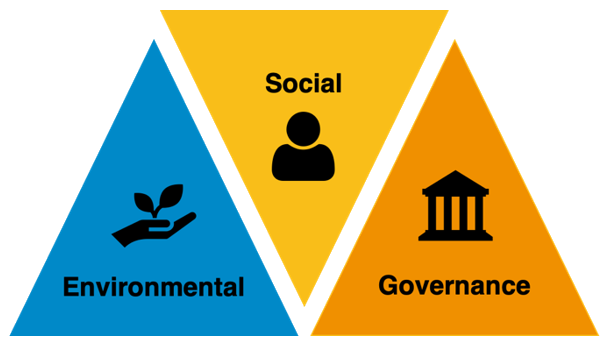
Key governments and regulators globally, including the U.S. Securities and Exchange Commission (“SEC”) and the European Union (“EU”), have already proposed or implemented Environmental, Social, & Governance (“ESG”) disclosure requirements (also referred to as “Corporate Social Responsibility” or “CSR” requirements). It is imperative that companies be aware of and proactively respond to these regulatory activities.
Requirements around ESG issues are divided into the following categories:
Environmental – issues related to carbon emissions, pollution, climate risks, energy efficiency, and biodiversity
Social – issues related to labor, diversity, human rights, and community engagement
Governance – issues related to board diversity, compensation, business ethics, corruption and bribery, cybersecurity risk, and risk tolerance
The Status of the SEC’s ESG Disclosure Regulations
In March 2022, the SEC proposed its climate change disclosure rules. These would require public companies to provide both qualitative and quantitative details on (i) climate related risks – including the impact of these risks on operations and finance – as well as the oversight of these risks; (ii) climate change metrics; and (iii) actual emissions and targets.
The March 2022 proposal is now expected to be finalized by the end of 2023. Given this timeframe, it is possible these SEC disclosure rules will be effective in 2024. Additionally, the SEC’s proposed rules on ESG disclosures for investment companies and investment advisors, as well as those on cybersecurity risk governance, are also expected to be finalized this year. Finally, the SEC has indicated that it will be proposing disclosure rules related to human capital and corporate board diversity in 2023.
The EU’s CSRD Regulations
The EU has adopted its Corporate Sustainability Reporting Directive (“CSRD”), which imposes various reporting requirements that go into effect in phases from 2024 through 2028. The CSRD applies to all EU companies meeting certain criteria. The criteria include having over 250 employees and being publicly traded with more than 20 million Euros in revenue, among other things. The directive also applies to certain EU subsidiaries of non-EU companies. Companies covered by the CSRD will be required to issue an annual report detailing how sustainability influences their business model, how they impact the environment (including information on emissions and emission targets), and plans detailing how their business models are aligned with a 1.5°C temperature rise.
Steps Companies Should Take
Given this dynamic regulatory landscape, it is important for companies and their boards to be proactive. Some key steps in this regard include:
Developing an overall ESG reporting strategy
- Review the global ESG disclosure requirements to determine which apply to your business. For companies operating in the U.S., be aware that requirements at the federal and state level may vary – and that specific requirements are likely to vary from state to state.
- Assess what processes you have or will need to develop to ensure your company can efficiently produce reliable ESG reporting and metrics.
- Determine who has the responsibility to execute the ESG strategy and create a culture of accountability.
Developing an ESG data gathering strategy
- Determine what data needs to be collected, how to collect accurate data, and what platforms or data analytics tools can be used for reporting.
- Develop tools and templates for data collection and analysis to optimize the process.
- Ensure data collection complies with reporting standards.
Developing an effective ESG internal controls environment to handle risk
- Ensure that the internal controls around ESG data collection and reporting are just as robust as those around financial reporting and will result in reliable and timely reporting.
- Develop controls to assess and mitigate risk.
- Establish policies and procedures to ensure consistency across all company reporting.
Companies, including their boards, should determine their ESG disclosure strategy and develop an agile compliance plan. Any inconsistencies in ESG disclosures in financial filings versus marketing material and investor reports will be subject to scrutiny by global regulators. Given the risk of regulatory actions, litigation, and negative press coverage, the reporting of ESG issues should be given careful attention.
Written by:

Sabera Choudhury
Director
Chicago, IL
schoudhury@resecon.com
312.667.6830